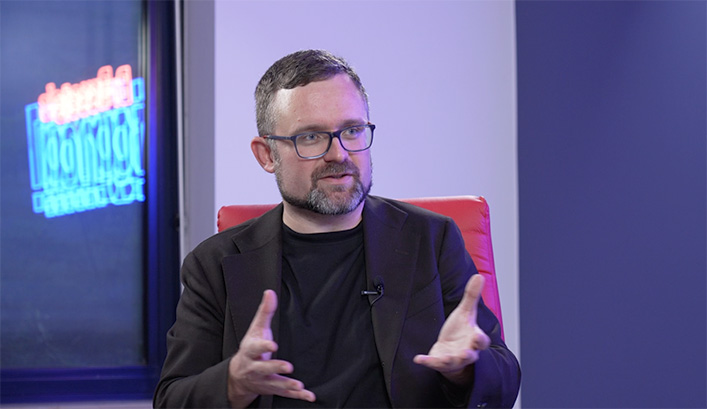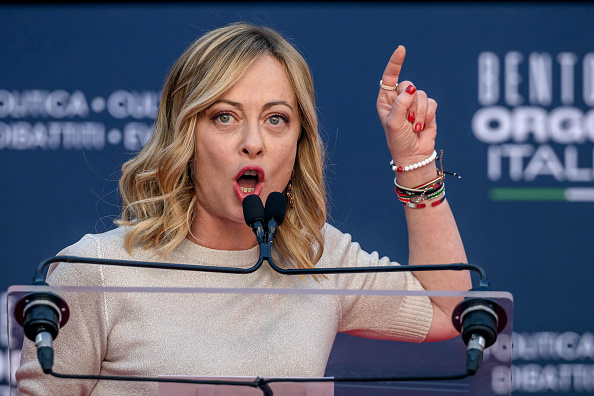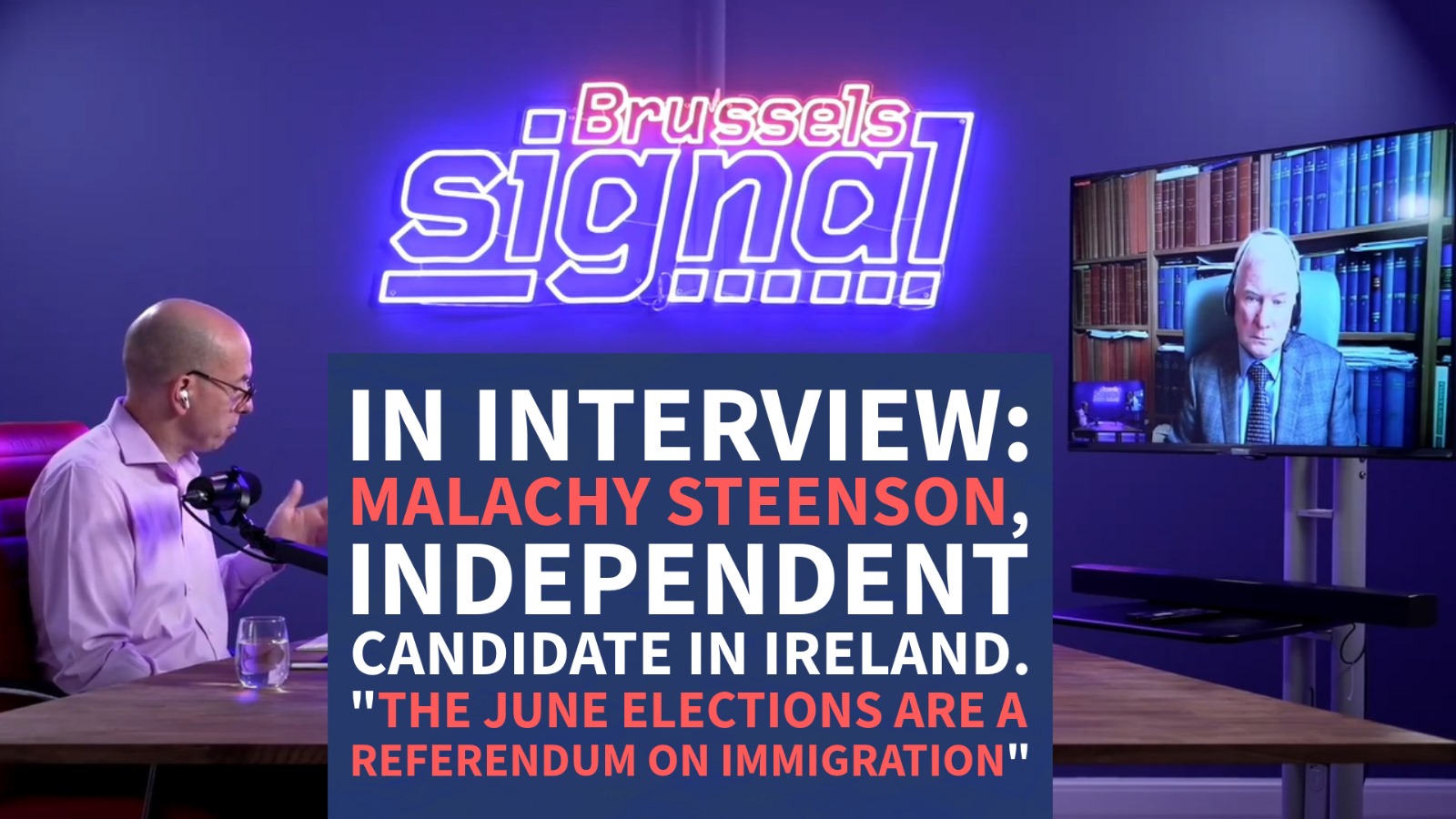The Alternative for Germany party (AfD) is “toxic,” according to Malika Sorel, one of the leaders in France’s National Rally (RN). It is the latest sign that the Right’s expected European Parliament victory will not come without infighting.
In a Brussels Signal interview, Sorel used the same word to describe Reconquête, RN’s competitor on the hard-right, and, in the form of its leader Éric Zemmour, a potential rival to Marine Le Pen in the next Presidential race.
While the AfD does seem to lurch from scandal to scandal, the internecine slanging match could be more of a jostling for power within the Parliament than an eleventh-hour ploy for votes.
Which of the assembly’s groups will capitalise on the predicted rightward shift? RN says it will not sit with the AfD in the Identity and Democracy group, which suggests a reshuffle is on the cards. Where will the AfD members go? Leader Max Krah has been working on a blueprint for a new group for a while. He has been surveying friends and acquaintances with a view to meeting the minimum thresholds: 23 Euro MPs from at least seven states.
And he is not the only one. Hungarian Prime Minister Viktor Orbán and his Fidesz party are the latest to turn the charm offensive on Italian Prime Minister Giorgia Meloni, who, with her Fratelli d’Italia party, heads the assembly’s European Conservatives and Reformists group.
Le Pen and Meloni have been linked to a new right-wing “super-group” which on paper could rival the traditional hegemons, the Socialists and the European People’s Party, in size at least.
For an outsider, this jostling seems a little futile. If a divided Right fails to use its Parliament power to define a new EU agenda, all this will add up to little more than “sound and fury… signifying nothing,” as The Bard would say.
Could jostling turn into something approaching hatred? There are common views across the Right on the need, for example, to pare back EU environmental legislation and to reverse the race towards “every closer union.”
There are also key differences. The Right is divided on the Ukraine war between “pro-Ukraine” and “pro-peace” camps. It also looks likely to be divided on the future of EC President Ursula von der Leyen, presuming that Meloni, VdL’s new best friend, backs the German for a second term.
There are other, more subtle, differences too. Some right-wingers are free-traders (such as the Flemish Interest party) while others are much happier to see the state play a larger role in the economy (such as the French).
Given that no-one outside the Brussels bubble has even heard of the assembly’s political groups, you could understandably ask if any of this jostling means anything.
Group discipline is after all notoriously weak. Euro MPs are just as likely to vote according to national interests, and government instructions, than the instructions of their whips.
The only reason MEPs are in groups at all is because groups are allocated taxpayer money and more speaking time. This was designed to foster trans-national electorates, though that clearly hasn’t worked.
The squabbles of the Parliament groups, in the final analysis, allows us to assess the lie of the land, the tectonic shifts, across the continent. If the predicted Right victory is big enough, these groups will be capable of imposing their agenda of the future of the EU (though this is unlikely).
But in the league of world power-players, the European Parliament still figures towards the bottom of the table.
MEPs still have nothing to say about the issues that most affect our lives: war and taxation.





